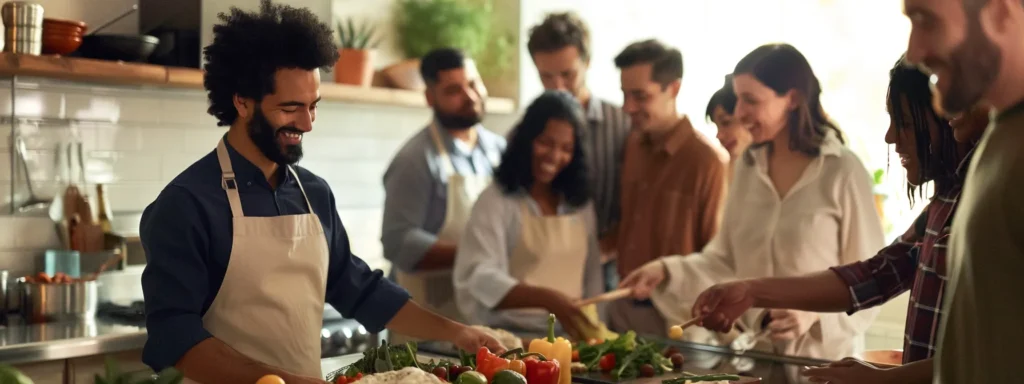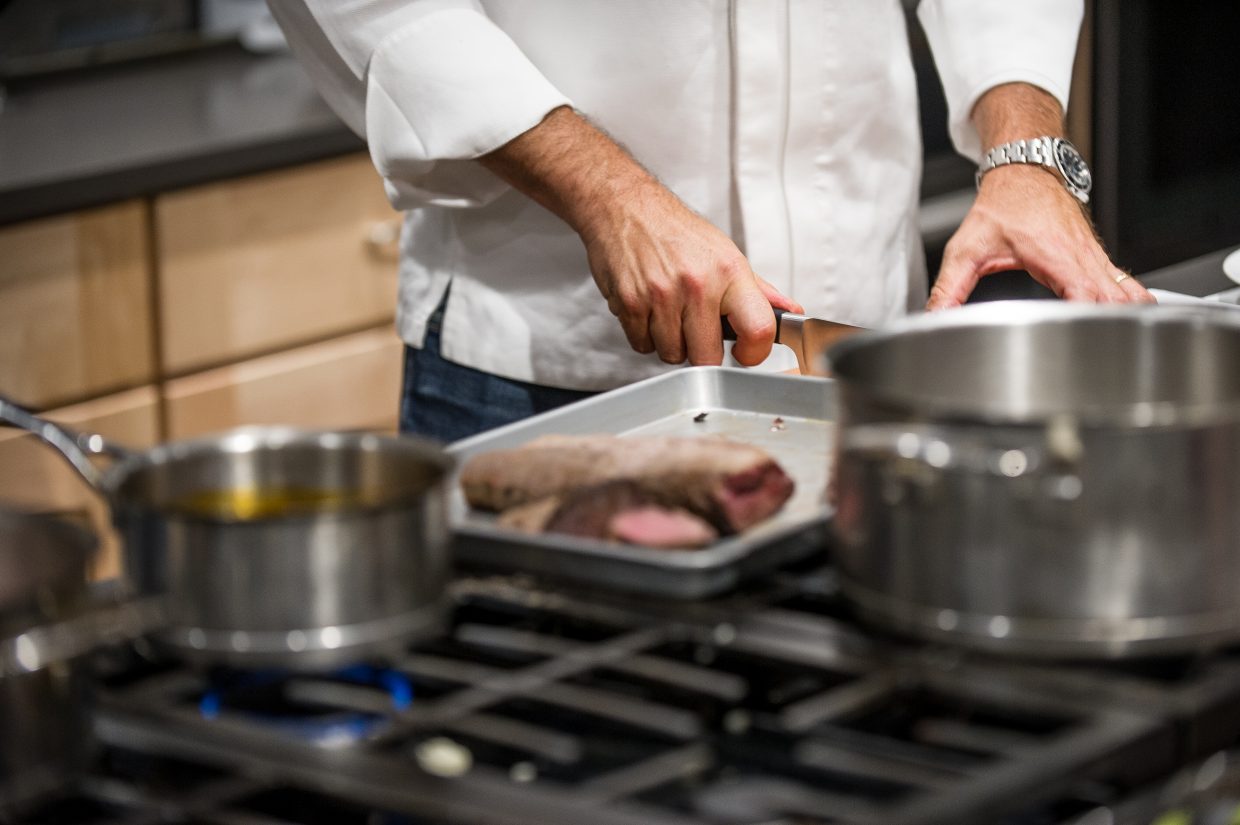The culinary arts have traditionally been taught in hands-on, sensory-rich environments, but the digital age has ushered in a new era of education with online culinary programs. These innovative platforms offer aspiring chefs the opportunity to hone their skills and expand their knowledge from the comfort of their own kitchens. With a variety of courses available, from foundational cooking techniques to advanced pastry arts, there’s an online program to suit every culinary dream. Below, we delve into what these programs entail, how to choose the right one for your career path, and what to expect in terms of accreditation, costs, and support.

Online culinary programs cater to a diverse demographic, from beginners eager to learn the basics to seasoned professionals looking to specialize in a certain cuisine. This accessibility is part of the draw, allowing individuals to learn at their own pace and on their own schedule, which is particularly appealing for those with busy lives. Courses can range from short-term seminars to comprehensive certification programs, offering valuable knowledge regardless of one’s current skill level.
These programs not only focus on cooking techniques but also incorporate important industry-related knowledge such as food safety, nutrition, and restaurant management. The comprehensive curriculum ensures that students are well-prepared for the realities of the culinary world. For those who require a more flexible learning environment, an online culinary school can be the perfect solution to balancing their education with other life commitments.
Moreover, online culinary education often includes a community aspect, connecting students with peers and mentors through forums and group projects. This network can be instrumental in providing support, sharing experiences, and fostering an atmosphere of collaboration among distant learners, all passionate about the discipline of gastronomy.

Before enrolling in an online culinary program, it’s vital to assess your career aspirations and what you hope to gain from the experience. Whether your goal is to become a celebrated chef, a food stylist, or a restaurateur, different programs cater to different objectives. Identifying your end goal will guide you in selecting a program that aligns with your career trajectory and provides relevant knowledge and skills.
In addition to career outcomes, prospective students should consider their learning preferences and life circumstances. If you thrive in a self-paced environment and need to balance studies with work or family, online culinary programs offer that versatility. They allow you to revisit lessons as needed and adapt the pace of learning to suit your individual style. This autonomy, however, also requires discipline and commitment to stay on track.
Read Also: What is Classroom 20x?
When selecting an online culinary program, accreditation should be a top consideration. Accreditation by recognized bodies signifies that the institution has met certain standards of educational excellence and that its programs are held in high regard within the culinary industry. Attending an accredited school can open doors to better job opportunities and validate the quality of your education to future employers.
Researching the credibility and reputation of the school is equally important as reviewing its accreditation status. Prospective students should look into graduation rates, job placement statistics, and alumni success stories to gauge the effectiveness of the school’s curriculum and career support services. This information is often made available on the institution’s website or can be requested directly.
It’s also beneficial to investigate the backgrounds of the faculty members. Instructors with extensive industry experience and a passion for teaching can dramatically enhance the learning experience. Engaging with knowledgeable professionals not only imparts technical skills but also offers insights into the culinary world that can inspire and motivate students.
Culinary arts are inherently practical, and one of the concerns with online education is how effectively these hands-on skills can be taught remotely. Innovative online programs address this by complementing their theoretical coursework with practical exercises that students can perform in their own kitchens. These tasks are carefully crafted to simulate the real-world experience as closely as possible.
To enhance the learning of practical skills, many programs also offer video demonstrations and the option for students to submit their dishes for feedback. Instructors provide detailed critiques, allowing students to learn from their mistakes and refine their techniques. These interactive and dynamic forms of assessment are key to ensuring that online culinary students receive a comprehensive education.
While practical skills are essential, a solid foundation in theoretical knowledge is just as important. By carefully considering costs, flexibility, and support services, aspiring culinary professionals can find a program that will serve as a stepping stone to achieving their dreams in the food industry.
You May Also Like: Why Stainless Steel Is the Best Material for Food and Beverage Filling Equipment

